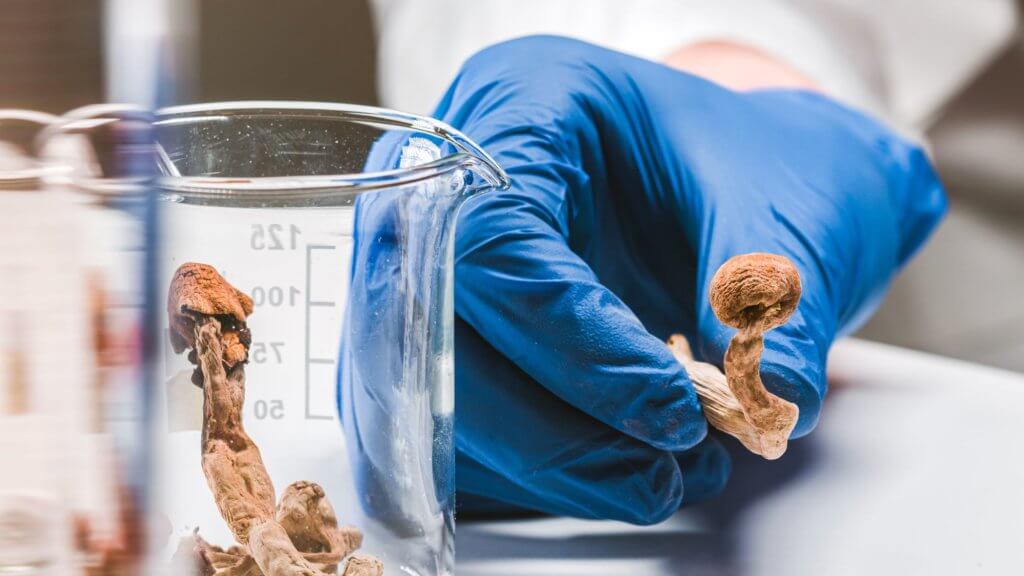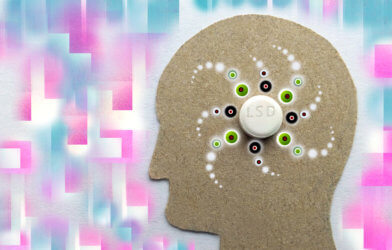Members of the Yale School of Medicine published their study on the effects of psilocybin on physical structures in the brain in the journal Neuron this month. Associate professor of psychiatry and of neuroscience, Alex Kwan, and postdoctoral associate, Ling-Xiao Shao, sought to demonstrate the “untapped therapeutic potential” of the psychedelic drug.
Psilocybin is a natural compound which can be found in some species of mushroom. Its use dates back centuries to indigenous populations both in medicine and religion. Although it is now often thought of as a recreational drug, “magic mushrooms” have shown great promise in clinical research, along with Ketamine and anesthesia, for the treatment of depression, addiction, and other mental health issues.
The study utilized a two-photon microscope to image dendritic spines in a particular location in the frontal cortex of mice after being treated with the psychedelic. The imaging showed that just a single dose of psilocybin given to the test subjects prompted immediate development of connections within the brain.
Furthermore, the effects of the treatment were still seen when the subjects were imaged one month later. An increase of 10% was measured in both spine size and density which illustrates stronger connectivity between neurons.
Additionally, the subjects experienced improved behavior and increased neurotransmitter activity even when under stress.
First author, Ling-Xiao Shao, and senior author, Alex Kwan, attempted to measure the benefit of neural adaptation production from psychedelic therapy, and found that psilocybin “evoked synaptic rewiring in the brain” which could “potentially provide structural trace for long-term integration of experiences and lasting beneficial actions.”












